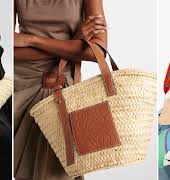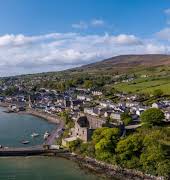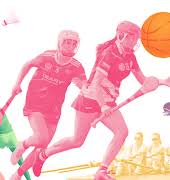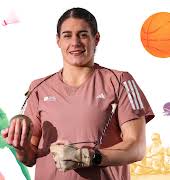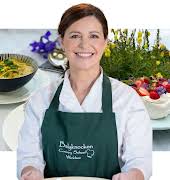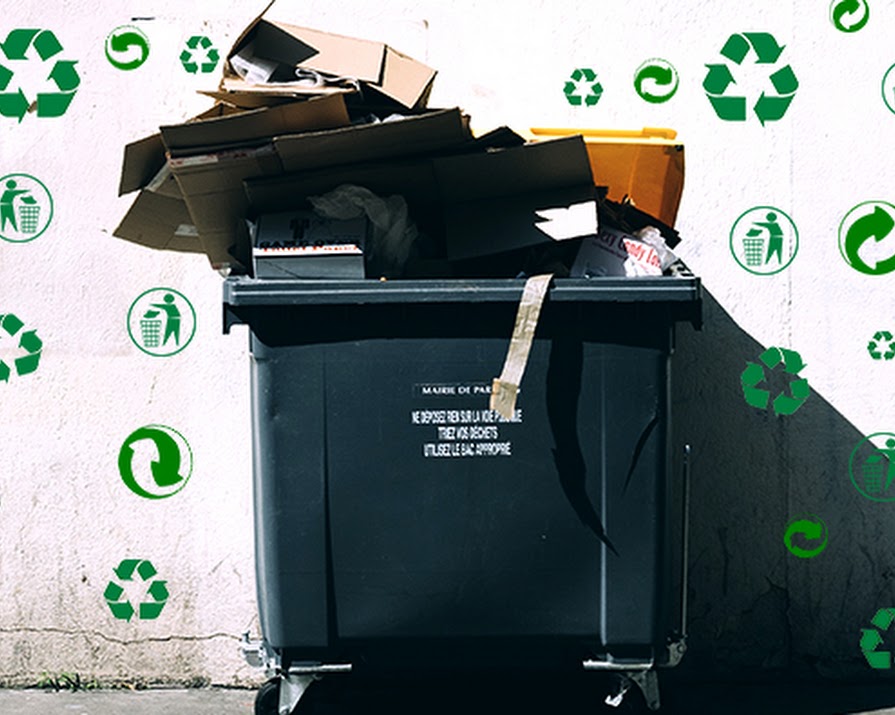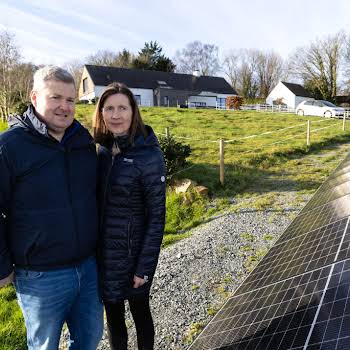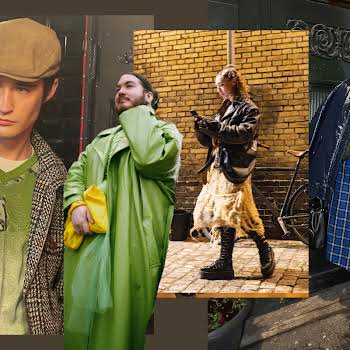By Grace McGettigan
04th Sep 2018
04th Sep 2018
As September is sustainability month at IMAGE HQ, we’re brushing up on all things green. We’ve swapped disposable coffee cups for reusable Keep Cups, and we’ve upped the ante on our office recycling. During this process, we have come to learn the recycling symbols on our plastic products don’t always mean what we think they mean. Just because there are clockwise arrows, doesn’t mean the item can be recycled. Here’s everything you need to know before you dispose of your waste.
ICYMI: Recycling 101: The dos and don’t of binning your household waste
The Green Dot
The green dot is a trademark used by European producers. It indicates they have financially contributed to the recycling of their product’s packaging; it does not indicate the packaging is entirely recyclable. According to Repak, “The Green Dot is not in itself a recycling symbol, nor does it mean that the packaging material on which it is marked is either recycled or made using recyclable content.” Rather, it is a symbol of the producer’s environmental responsibility. No more, no less.

The Tidyman
This is not a recycling symbol. It’s a gentle reminder to not litter, asking you to dispose of your rubbish carefully and thoughtfully.

The Mobius Loop and plastic recycling
The Mobius loop means the item can be recycled; however, it doesn’t mean it’s accepted by all recycling centres or waste collectors.

On the bottom of most plastic containers, you’ll find a small number inside the three-arrow triangle. This number indicates what type of plastic the container is made of. If it contains the numbers ‘1’ or ‘2’, they’re most likely recycled by your local waste management company. Numbers ‘3’ through ‘7’, you can’t be so sure.
What the numbers mean:
- Polyethylene Terephthalate (PET) such as plastic drinks bottles
- High Density Polyethylene (HDPE) such as plastic milk cartons or shampoo bottles.
- Polyvinyl Chloride (PVC) such as cling film, the plastic your bedsheets come packaged in, and the blister packs medication comes in.
- Low Density Polyethylene (LDPE) found in your disposable coffee cups, the plastic packaging of bread.
- Polypropylene (PP) often found in yoghurt containers and the takeaway containers from your local deli or salad bar.
- Polystyrene (PS) such as foam-like disposable cups and containers.
- Other. If a product is made from a combination of plastics, it will be labelled as number 7.

How do I know which plastics my local waste collector can take?
It’s important to check with your local recycling company (via their website or directly) to find out which plastic numbers they accept. For example, Panda only collect plastic numbers ‘1’ and ‘2’, as well as aluminium (drink cans, food cans) and paper. Meanwhile, the Ringsend Recycling Centre will accept almost all plastics with the exception of polystyrene.
For more information on sustainability month at IMAGE (including the efforts we’re making to go green), click here.
Photo: Unsplash and Pixabay

